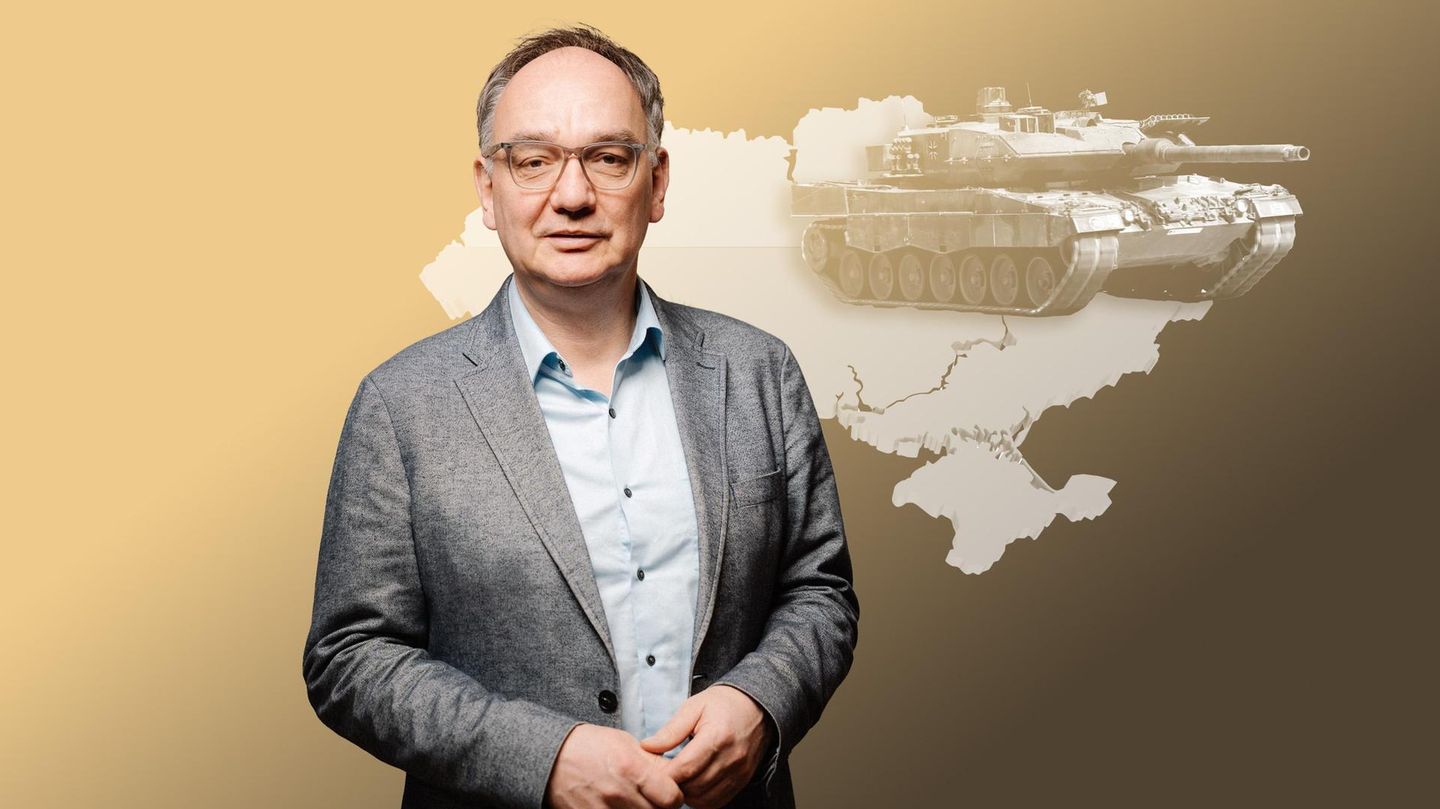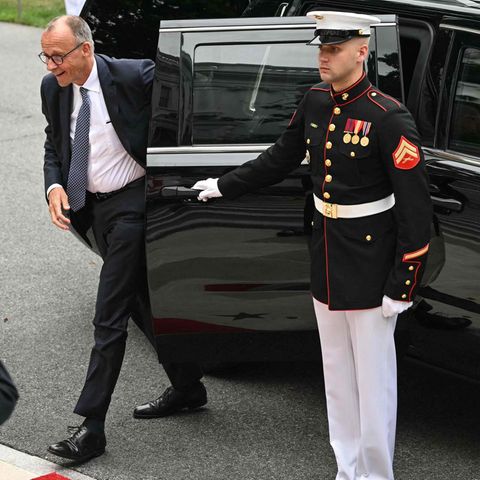Fried – view from Berlin
German soldiers in Ukraine – was there something?
Copy the current link
Add to the memorial list
The Bundeswehr in Ukraine? The debate is managed from many aspects: when? How many? Which weapons? Hardly anyone asks about the story, our author is surprised.
There is not much more than one half sentence by the Chancellor. Friedrich Merz said that peace in Ukraine would be talked about security guarantees – up to the question of “resolutions subject to mandate”. The bulky term is synonymous with the Bundeswehr participation because it would have to agree to the parliament.
Since then there has been no stopping. German soldiers in Ukraine – how many? Which weapons? What does this cost? Can the Bundeswehr do that? Would the coalition have a majority? Every scenario is still hypothetical due to Putin’s listlessness. But since in Germany in the 1990s with foreign missions, a “denial of military” (Gerhard Schröder) began, the possibility of commitment to the Bundeswehr has developed a tickle in a political-journalistic complex.
The Bundeswehr would be a peaceful intention
It is astonishing that the debate is hardly managed from a historical point of view. Only those who would be anyway remind you of World War II, the devastations that the Wehrmacht, SS and others have arranged in the Soviet Union, also and especially in Ukraine. To put it right away: I think that the past does not exclude the participation in a peacekeeper. But the reminder to consider history is not wrong just because it comes from Ralf Stegner or Sahra Wagenknecht.
In October 2021 I accompanied Frank-Walter Steinmeier to the eastern Ukrainian town of Korjukiwka. The Federal President met Halyna Popowa there, born in 1937. Ms. Popowa told her in 1943 with her mother and siblings – the father had already died in German prisoner of war – hidden under potatoes in the basement of a neighbor when the Germans from revenge for a partisan attack struck a massacre with several thousand dead.
Korjukiwka stands for the largest so-called criminal campaign that German units committed to the non-Jewish civilian population of a attacked state. Mrs. Popowa’s grandparents died. She survived. “And every day I think of what happened back then,” she said Steinmeier. Even if the state and society would welcome German soldiers today – even if “only” for fear of the Russian – you should be aware of such individual trauma.
Basically, it is remarkable how the debates about foreign missions are gradually released from German history. At the war in Kosovo in 1999, the Nazi past still gave opponents (“never again war under German participation”) such as supporters (“never again Auschwitz”). When a grand coalition sent the Navy to secure the Lebanese coast in 2006, the FDP, with the argument, voted against the fact that Germany could not be impartial in the event of a conflict with Israeli participation. And today?
Of course, with a view to Ukraine, you can assert a completely different situation. The argument that the Bundeswehr would be peaceful, in contrast to the Wehrmacht at the time, is not enough. Rather, it seems to me to be an expression of a certain convenience, which is simply too exhausting to deal with the historical turning point that German soldiers meant 80 years after the end of the war.
Source: Stern
I have been working in the news industry for over 6 years, first as a reporter and now as an editor. I have covered politics extensively, and my work has appeared in major newspapers and online news outlets around the world. In addition to my writing, I also contribute regularly to 24 Hours World.





